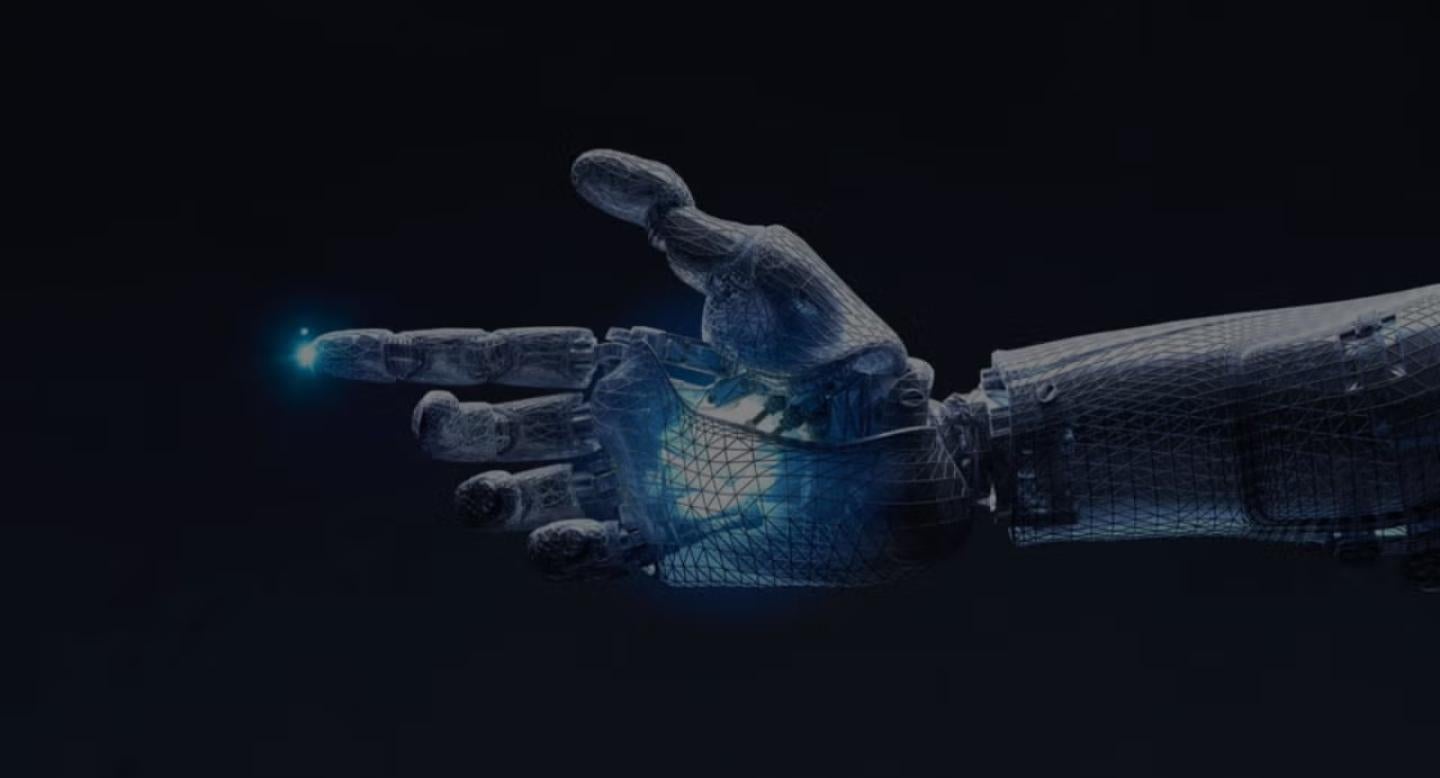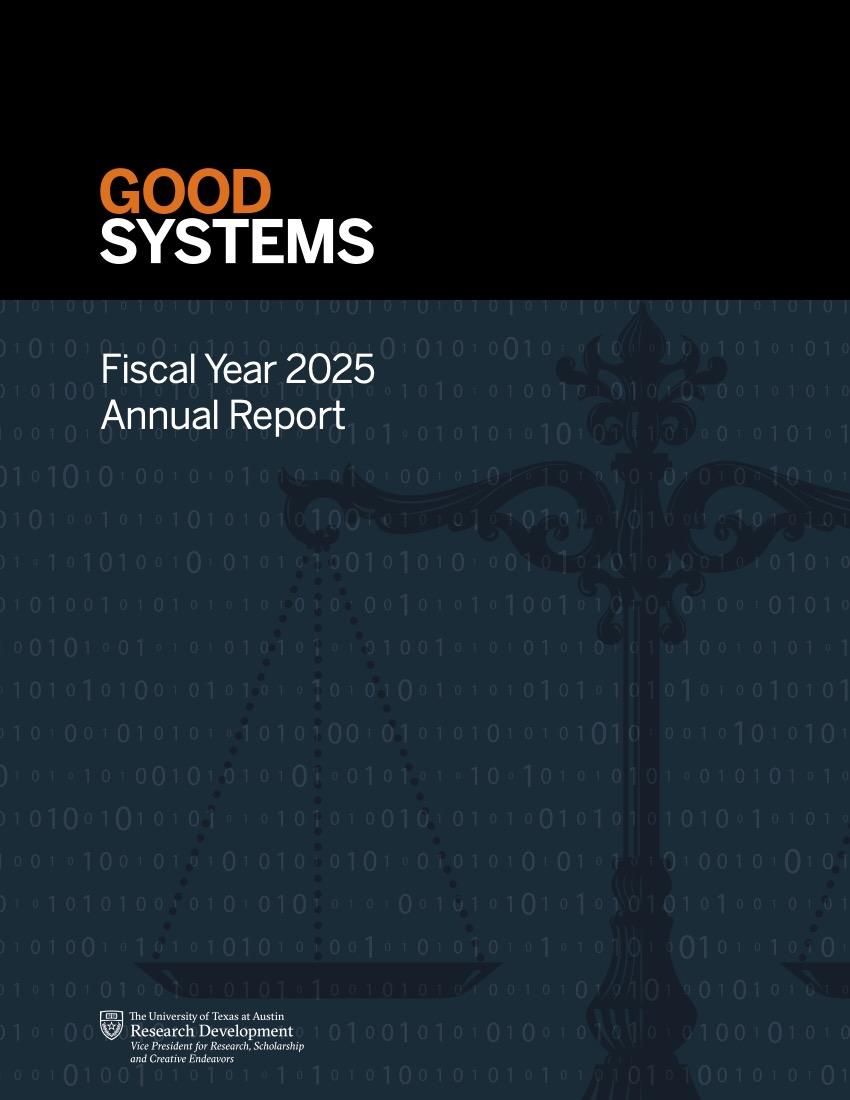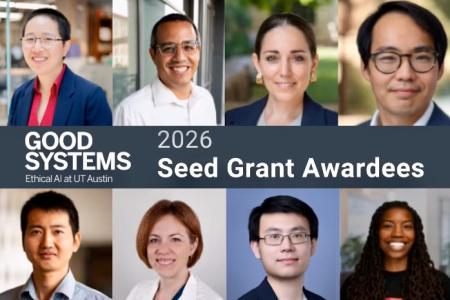


Designing AI technologies that benefit society is our grand challenge.
AI-based technologies are helping us solve complex problems in nearly every discipline and industry, but they have the capacity to be harmful to us in ways we might not predict or intend.
Join Our Mission
For six years, Good Systems has led boundary-breaking research in Ethical AI — from designing digital twins for the City of Austin to building AI-enhanced hand tools and robots to conducting studies that help us better understand our relationship with technology and how to safeguard human agency within complex social and technological systems. Working across disciplines, we’ve designed innovative educational courses to advance AI ethics leadership and AI literacy and have hosted numerous public programs that ignite cross-sector discourse and help inform public policy. Now, we’re ready to establish a permanent home — a center for ethical and responsible AI that can serve the entire campus and our greater global community for years to come.
Learn more about our vision for the future and how to get involved.
Human-centered, Values-driven AI
Artificial intelligence is a system that can correctly interpret data, learn from it, and then use what it has learned to adapt in order to achieve specific goals autonomously. It improves our everyday lives, but not without risk.
AI is changing the way we do everything because it’s everywhere — from dating apps to the most advanced military weapons systems. AI technologies do many things faster and better than humans can alone, but there are ethical and societal implications to consider.
How can we ensure that AI is beneficial — not detrimental — to humanity? What unintended consequences are we overlooking by developing technology that can be manipulated and misused?
It is ethically irresponsible to focus only on what AI can do. We believe it is equally important to ask what it should (and should not) do.
Our goal is to better understand what changes new technologies will bring, predict how those changes will unfold, and mitigate the harms or unintended consequences they could cause while still leveraging the benefits AI provides.
Our interdisciplinary team is comprised of faculty and student researchers from more than two dozen schools and units at UT Austin. They are experts in fields such as communications, community and regional planning, engineering, informatics, liberal arts, public affairs, and robotics, who are working to tackle pressing social issues alongside partners in city government, nonprofits, industry, and community groups.
Together, define, evaluate, and build ethical AI systems that will transform society for the better.
What is a “good” system?
Our team defines a good system as a socially beneficial human + AI partnership that is driven by values including fairness, accountability, trust, transparency, and democracy.
"Generation AI" Podcast
Explore how AI is transforming the way we live, work, teach, learn and connect in our podcast, produced by The Drag Audio Production House.
Year of AI
UT Austin has designated 2024 the Year of AI and is committed to developing innovations and growing leaders to navigate the ever-evolving AI landscape.
Support Us
Join our mission. Donate to support boundary-breaking interdisciplinary research in Ethical AI.




